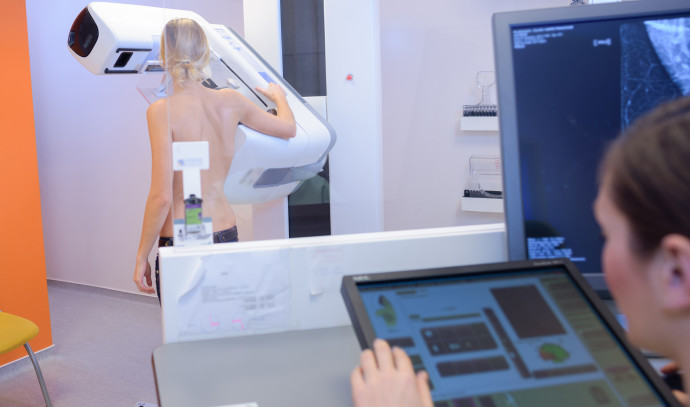In 2016, the guidelines for mammograms were updated to recommend that women at average risk should have one every two years starting at age 50. However, studies have shown an increase in breast cancer cases among younger women. An American expert panel reviewed 20 studies and found a 2% annual increase in breast cancer rates for women aged 40-49. As a result, new recommendations now suggest starting mammograms at age 40 to catch potential cases earlier.
Breast cancer is a prevalent disease among women, with estimates suggesting that 1 in 8 women will develop a malignant tumor at some point in their lives. It is also the leading cause of cancer-related deaths for women. Early detection through mammograms can save lives, with estimates suggesting that a potential 20% increase in survival rates among women who undergo screening.
In Israel, a screening program is in place for early detection of breast cancer through mammography. Women aged 50-75 are recommended to have a mammogram every two years. This test, along with additional screenings like ultrasounds and MRIs, is crucial in diagnosing breast cancer early. However, the decision to lower the screening age to 40 has faced criticism from experts who argue that mammograms may not be accurate in younger women, leading to false positives and unnecessary anxiety.
Dr. Ayelet Shay, director of a breast unit, emphasizes that it is crucial to consider individual risk factors for breast cancer rather than just age. Women with a family history of breast cancer, fertility treatments or other risk factors should be closely monitored by a healthcare professional. Symptoms to be aware of include changes in breast size or shape, nipple abnormalities, persistent itching and pain. It is essential for women to be educated about risk factors and potential symptoms to catch breast cancer early.
The updated guidelines recommend starting mammograms at age 40 instead of waiting until age 50 as before.
According to new research by an American expert panel,
lowering the screening age could lead to more accurate diagnoses.
While some experts criticize this change,
Dr. Ayelet Shay believes it’s important


:max_bytes(150000):strip_icc()/Anna-Paquin15-04032024-1b770d3cc475407e9c545437e56275df.jpg)
